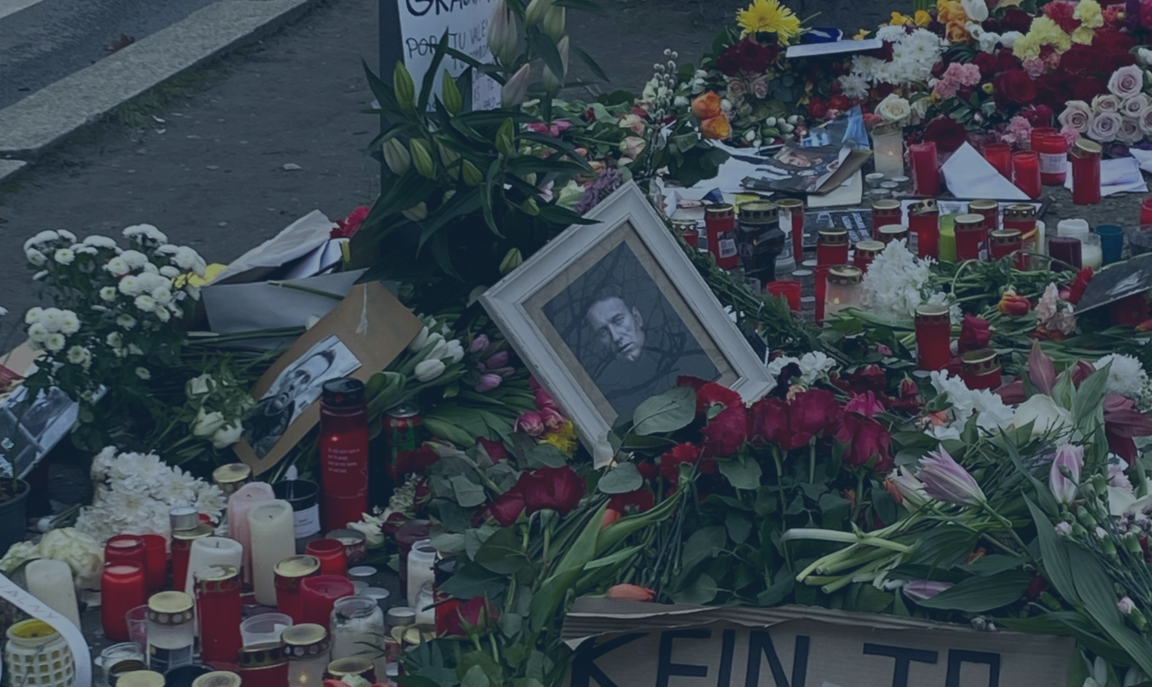You are here

Navalny's two legacies
Alexei Navalny’s death is an indictment of Vladimir Putin’s regime. This is a regime that kills rather than protects its own people – wreaking vengeance on political dissidents and investigative journalists, but now also using scores of ordinary Russian citizens as cannon fodder in the bloody war it is waging against neighbouring Ukraine. Needless to say, not only is it also slaughtering the brave defenders of Ukraine in this war, but in a brutal campaign of terror Ukraine’s civilians too.
Navalny’s political legacy will be the subject of intense debate. Two things are beyond dispute, however.
First, Navalny’s personal bravery in resisting the regime to the tragic end should make it clear to anyone that there exists another Russia beyond cheering Kremlin loyalists and docile conformists. There are people, many of them now incarcerated and suffering in penal colonies, who have not only maintained a sense of right and wrong and refused to give in to what the late Václav Havel called the ‘temptation of nothingness’. They stand up against the regime and they defy it, for example through simple humane gestures of compassion like laying flowers in tribute to the opposition leader, even as Putinism continues to show its ever more repressive and brutal face.
They deserve to be admired.
But not just admired. There is little that the EU can immediately do to stop the regime prosecuting, torturing and murdering them. Such are, sadly, the realities of international politics. What it can do is to recognise that another Russia is possible and to see the humanity and the struggle for freedom – which makes human life worth living – where it exists. To recognise that Russia is not doomed to become a place of the living dead. To recognise that once Russians regain their freedom and their dignity, and come to terms with their imperial history (and present), the EU should be ready to welcome them back into the family of European nations and live in peace.
It seems not much. But for people once locked behind the Iron Curtain who struggled for freedom, this recognition of their struggle as something profoundly human meant the world.
The second thing that Navalny proved beyond any doubt is the base corruption, hypocrisy and pettiness of the Kremlin regime. Russia is a necropolitical regime. But it is also a fundamentally hypocritical one.
It is a regime, we know thanks to Navalny, that promises Russians a transcendental sense of ‘being part of history’ while plundering and stealing from them en masse. It is a regime whose elite, including first and foremost Putin himself, denounce decadent (Western) values but use their stolen wealth to build preposterously huge, gilded palaces to satisfy their inordinate ambitions and hypertrophied, hypermasculine egos. It is a regime that is proud of its capacity to complete a murder it botched once, that cannot tolerate any form of competition, that exercises power just for the sake of power itself – that is fixated on its own further empowerment rather than motivated by any sense of virtue or public good.
Navalny pointed to a crack in the system – a crack through which the light can come in.
Navalny pointed to a crack in the system – a crack through which the light can come in. He was a human, not a god. But there is no need for apotheosis. Revolutions have their heroes. Yet in the end, they are driven by impersonal, structural forces that these heroes’ visions and deeds inspire but which are irreducible to them.